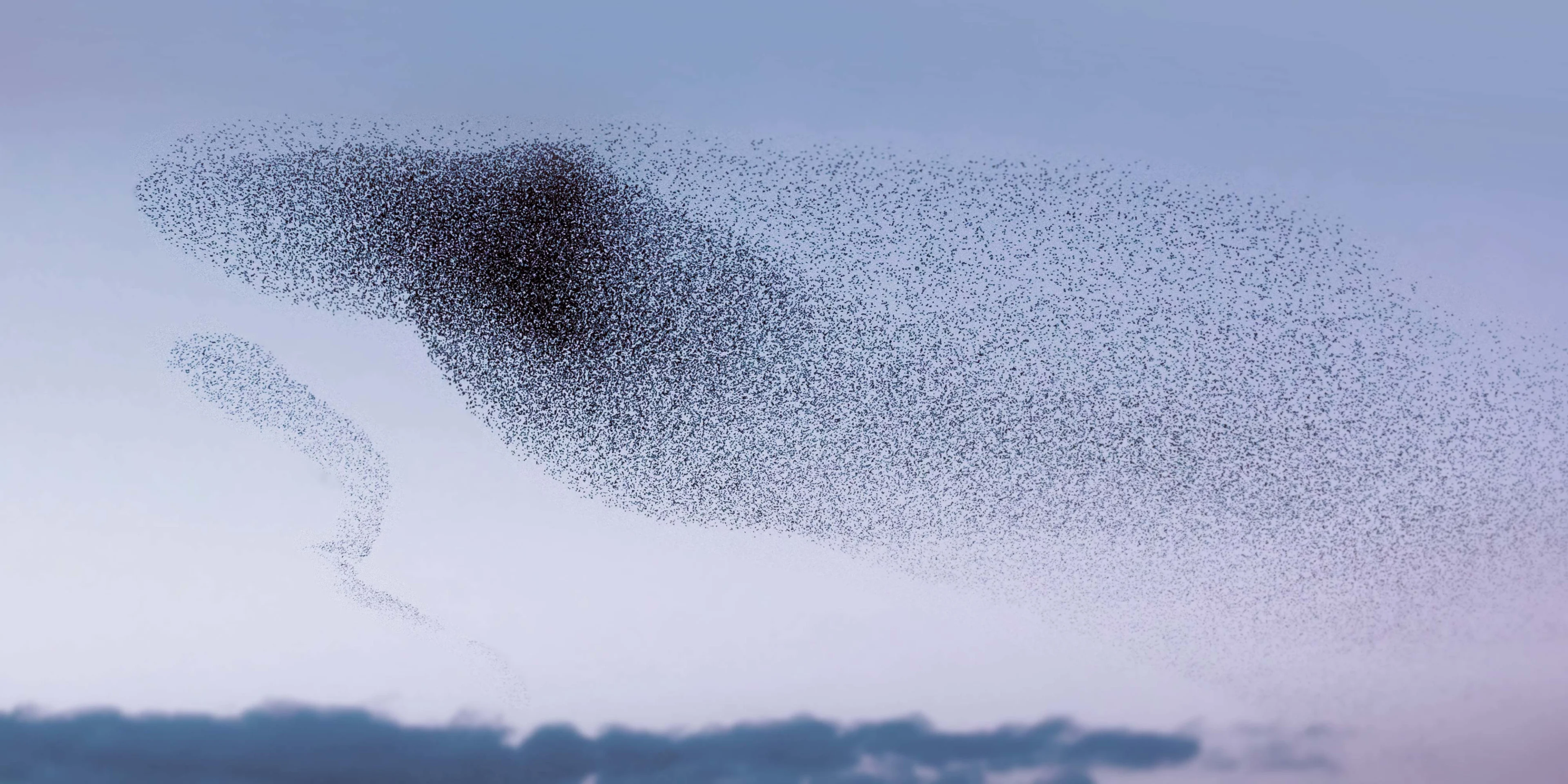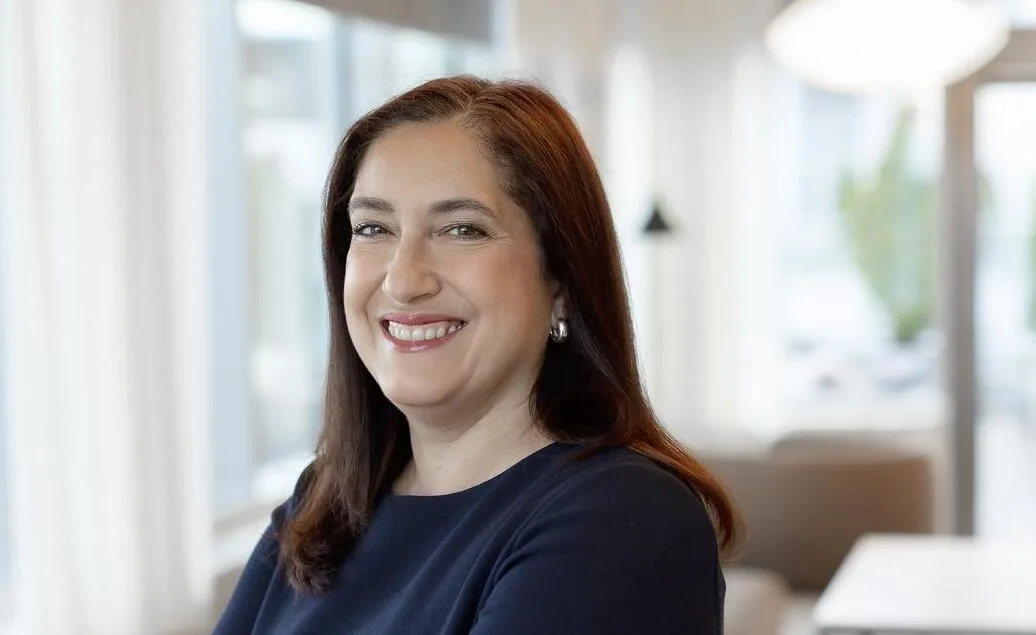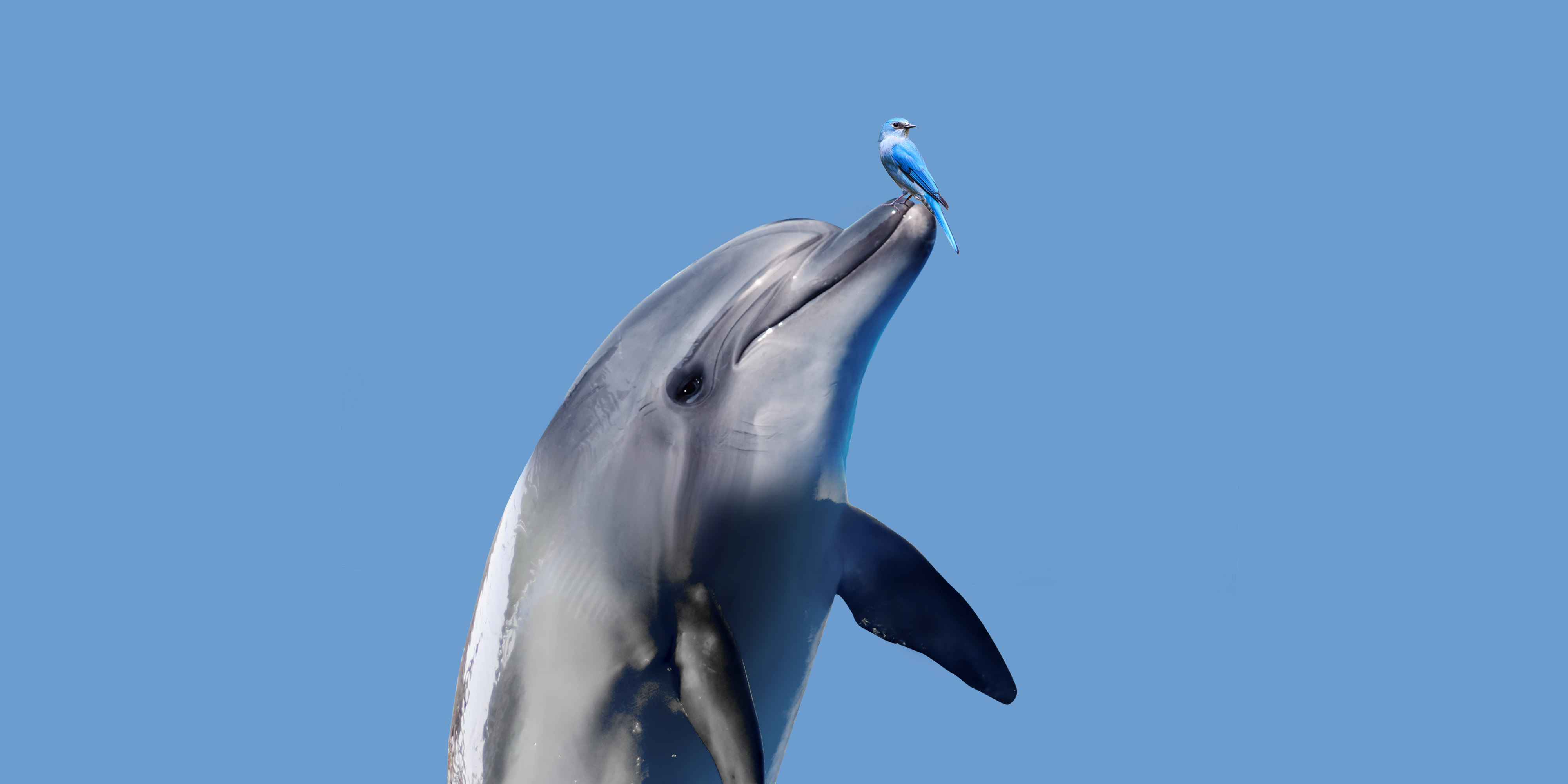
Circular economy
5 minute read
What makes a great leader in the circular economy? Future-proof your career with these tips
See the big picture and collaborate with all stakeholders across the value chain. Transformation into a circular economy calls for new skills in leadership. Here are tips for business leaders on how to make the most of the circular business model.
“At the start, tackling climate change was all about energy and transport,” says Neste’s Mercedes Alonso, whose work is closely linked to circularity, “but people are starting to realize that a lot of emissions come from industry and manufacturing. It’s really important that we deal with them - and closing the circle by reusing materials and seeing waste as a resource is one way of achieving that.”
We live today in a linear world – many of the products that we buy go through a journey from being raw materials in the ground through extraction, processing and distribution to the stores where we buy them. Then we use them and throw them away.
The circular economy encourages consumers and companies to move from the traditional model of production and consumption to a system that focuses on reducing waste and reusing the limited resources we have. This requires a significant shift in mindset throughout the economy that few companies – and few executives – have yet embarked upon.
Mercedes Alonso (M.Sc. Chem) has spent years as a leader in the polymers and chemicals industry. Currently she is Executive Vice President for Renewable Polymers and Chemicals at Neste, the world’s leading producer of renewable diesel, sustainable aviation fuel and drop-in renewable feedstocks and solutions for the polymers and chemicals industry.
Here, Alonso shares her insights on how to navigate the circular economy.
Engage in deeper collaborations
Neste’s initial focus was on renewable fuels, but Alonso was recruited two years ago to accelerate the company’s renewable polymers and chemicals business. “I was definitely attracted to Neste because of what the company is doing. We are bringing the promise of sustainability to the chemicals industry.”
The circular economy is a key part of the company’s strategy as it looks to scale up the use of renewable and recycled raw materials, such as waste plastic. “It’s not just about replacing fossil resource use but also about ensuring that we move away from the linear economy model. We have to return waste back into circulation so that the carbon it contains gets used again and again. Treating materials as waste and incinerating them or piling them up in landfills instead of reusing them contributes to climate change by releasing the carbon they contain as CO2 in the atmosphere,” says Alonso.
Taking a circular approach requires a different way of thinking for individual managers as well as the company as a whole, Alonso explains. “The major difference is that no single company can do this on their own. It is not just about selling a product that is ‘circular’, but about creating circularity through circular value chains. And to do that, everyone throughout the value chain has to contribute.”
This requires managers to collaborate deeply with other stakeholders. “The circular business model is much more complex, but I am a fan of diversity and inclusion, not just within a business but across the value chain, because it exposes you to different experiences and ways of thinking,” Alonso says.
“There is such a variety of perspectives along the value chain, from a feedstock producer to converters, big brands, retailers, and consumers. We spend a lot of time with our stakeholders working on understanding our common challenges.”

Look beyond the direct customer
In a circular economy, the relationship between customer and supplier changes. “We take a broader approach to who our customers are. We don’t just focus on those who physically buy our products. We work with downstream partners who will create demand for sustainable plastic and recycled polymers,” Alonso says.
“Companies such as Unilever and Ikea are really moving towards sustainability and elimination of plastic waste,” she says, “and even though they may not buy material for their products directly from us, we are working together to create demand for recycled or bio-based plastics.”
Alonso says part of her role is to explain to customers how they can use Neste’s products, which are drop-in replacements for the fossil feedstock they currently use, and do not require any alterations to their equipment or manufacturing processes.
“Neste’s renewable diesel, for example, can replace conventional diesel entirely in diesel engines. That’s easy to understand. In the chemical industry however, a long chain of multiple actors is needed before our product becomes, for example, a shampoo bottle. But because our product is a widely available drop-in solution that can be used in existing manufacturing processes and infrastructures right away, it means that we can help bring a product to market within two to three months.”
Inspire the industry around you
Alonso’s role also involves bringing the rest of the industry along the same path. “We definitely have a role to play in bringing other companies with us. We need more people doing this. I’m proud to see how we’re changing the industry together.
“But we must continue to be agile to stay ahead of the pack. We also need to be true to ourselves and our core competences.”For Alonso, “true collaboration” is an important part of the job. “It’s in the spirit of ‘I will have to give up something for everyone to succeed.’ We’re in a very competitive industry, but if someone like Unilever wants these products, then all suppliers have to work together.”
“It’s important for circularity to have visionary leaders with a clarity of purpose. Of course, the business has to be profitable, but if you lose your sense of purpose – in Neste’s case the purpose of creating a healthier planet for future generations – it won’t work.
“We also have to take risks sometimes. We may fail, but we need to be bold, to try new things. Sometimes they are successful, sometimes not. But if we don’t try anything new, we won’t make any progress.”
Credits: Mike Scott, An award-winning business and environmental journalist whose work has appeared in publications including the Financial Times, the Guardian and Forbes.





